
Living the Bella Vita: The Art of Slowing Down
Vivere la Bella Vita: L’Arte di Rallentare
Vivere la bella vita: L’arte di lasciarsi andare
Living the Good Life: The Art of Letting Go
Mi fanno domande strane quando scoprono che parlo e insegno italiano. Tipo: “Gli italiani festeggiano il Ringraziamento?” E l’altro giorno qualcuno, che chiaramente non era mai stato in Italia, mi ha chiesto: “Gli italiani vivono una vita frenetica o tranquilla?” In realtà, è stata una delle domande migliori che mi abbiano mai fatto.
I get some strange questions when people find out I speak and teach Italian. Like, “Do Italians celebrate Thanksgiving?” And just the other day, someone who had clearly never been to Italy asked me, “Do Italians live a hectic or slow-paced lifestyle?” Honestly, it was one of the better questions I’ve fielded.
Io, che non mi tiro mai indietro quando si tratta di parlare dell’Italia, ho risposto: “Hai mai sentito parlare di vivere la bella vita?” In Italia lo chiamano vivere la Bella Vita. È un concetto tipicamente italiano: la gioia di non fare nulla. In poche parole, significa rilassarsi, divertirsi, passare del tempo con la famiglia, andare al mare e stare oziosi per giorni. Questa “arte di lasciarti andare” invita a rallentare e godersi la vita. Un’altra espressione italiana per descrivere questo è la dolce far niente.
Never one to pass up the chance to talk about Italy, I replied: “Have you ever heard of living the good life?” In Italy, they call it “vivere la Bella Vita.” It’s such an Italian concept: the joy of doing nothing. In short, it means relaxing, having fun, spending time with family, going to the seaside, and being idle for days on end. This arte di lasciarti andare is about slowing down and enjoying life. Another way Italians express this is la dolce far niente.

Differenze culturali: Italia contro America
Cultural Differences: Italy vs. America
Quando ero studentessa e vivevo a Firenze, notai subito le differenze tra la vita italiana e quella americana. La prima cosa che mi colpì fu il ritmo di vita. Negli Stati Uniti, tutto si muove velocemente. Le persone sono sempre di fretta, lavorano a lungo, escono di casa presto al mattino e tornano tardi la sera. Si mangia spesso fast food perché non c’è tempo per cucinare o cenare insieme in famiglia.
When I was a student living in Florence, I immediately noticed the differences between Italian life and American life. The first thing that struck me was the pace of life. In the United States, everything moves fast. People are always rushing, working long hours, leaving home early in the morning, and returning late at night. Fast food is common because there’s no time to cook or eat together as a family.
In Italia, invece, la vita quotidiana è molto più lenta. All’inizio non mi piaceva che i negozi fossero chiusi a pranzo o che i ristoranti non servissero cena prima delle otto. Ma col tempo ho imparato ad apprezzare questi ritmi. Gli italiani sembrano sapere bene come rallentare per godersi i piccoli momenti. Passano ore rilassandosi in spiaggia, a tavola, in cucina, in piazza o al bar, sorseggiando un caffè o un aperitivo con uno Spritz.
In Italy, however, daily life is much slower. At first, I didn’t like that shops closed during lunch or that restaurants didn’t serve dinner before eight. But over time, I learned to appreciate this pace.
Italians seem to know exactly how to slow down and enjoy the little moments. They spend hours relaxing on the beach, at the table, in the kitchen, in the piazza, or at the bar, sipping a coffee or an aperitif with a Spritz.

La dolce far niente: Una filosofia di vita
The Sweet Joy of Doing Nothing: A Philosophy of Life
Osservando tutto questo, in Italia ho scoperto qualcosa di deliziosamente unico: la dolce far niente. I miei mentori erano i miei amici italiani che, da un lato, lavorano sodo, ma dall’altro abbracciano la gioia di lasciarsi andare. Mi sono adattata rapidamente alla vita italiana. Ho imparato a rallentare per vivere il momento. Quando lo faccio, riesco ad apprezzare le piccole cose che rendono la vita così ricca: la luce che filtra tra gli alberi, i colori delle facciate delle cattedrali, le vetrine artistiche, gli anziani che passeggiano in piazza.
Observing all this, I discovered something exquisitely unique in Italy: la dolce far niente. My mentors were my Italian friends who, on one hand, work hard, but on the other, fully embrace the joy of letting go. I adapted quickly to Italian life. I learned to slow down and live in the moment. When I do, I can appreciate the little things that make life so rich: the light filtering through trees, the colors on cathedral facades, the artistic shop windows, and the elderly taking strolls in the piazza.
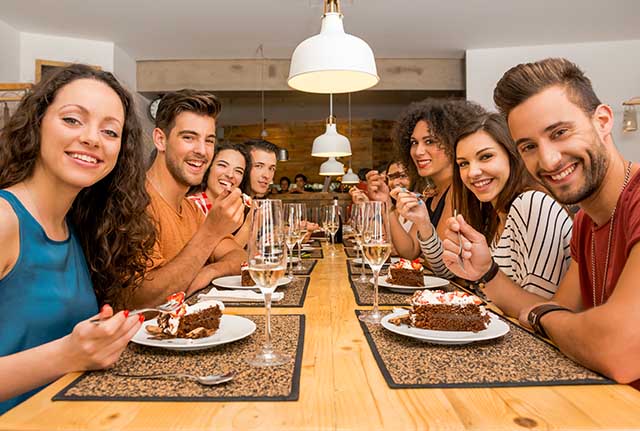
Lavorare per vivere, non vivere per lavorare
Work to Live, Don’t Live to Work
Il ritmo della vita in Italia inevitabilmente accelerò dopo l’inizio del secolo e le due guerre mondiali, poiché l’industrialismo e le tecnologie moderne trasformarono le routine quotidiane. Il movimento artistico del Futurismo rifletteva questo cambiamento, cercando di conciliare la tradizione con la vitalità e l’energia del mondo moderno, come si può vedere nelle opere dei pittori futuristi italiani.
The pace of life in Italy inevitably quickened after the turn of the century and the two world wars, as industrialism and modern technologies reshaped daily routines. The art movement of Futurism reflected this shift, striving to reconcile tradition with the vitality and energy of the modern world, as seen in the works of Italian futurist painters.
Oggi, le famiglie italiane gestiscono programmi intensi e molteplici attività, ma rimangono profondamente radicate nelle tradizioni, dando priorità alla famiglia e a una vita ben vissuta. A differenza di molti altri luoghi, l’Italia riesce a mantenere un equilibrio unico tra lavoro e vita personale, guidata dalla convinzione che il lavoro debba servire la vita, non viceversa. Gli italiani lavorano per vivere, non vivono per lavorare, una filosofia lontana dal mantra degli yuppie degli anni ’80: “work hard, play hard.”
Today, Italian families juggle busy schedules and multiple activities, yet they remain deeply rooted in traditions, prioritizing family and a well-lived life. Unlike many other places, Italy strikes a unique balance between work and personal life, guided by the belief that work should serve life, not the other way around. Italians work to live—they don’t live to work—a philosophy far removed from the 1980s yuppie mantra, “work hard, play hard.”
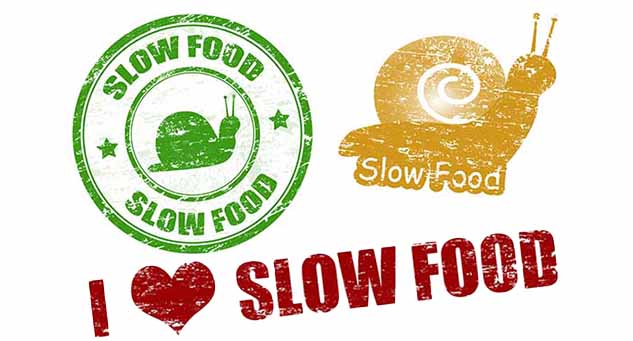
Il movimento Slow: Una risposta alla modernità
The Slow Movement: A Response to Modernity
Non sorprende che il movimento “Slow Food” sia nato in Italia negli anni ’80. Fondato da Carlo Petrini, mirava a difendere le tradizioni regionali, il buon cibo e un ritmo di vita più lento.
It’s no surprise that the “Slow Food” movement was born in Italy in the 1980s. Founded by Carlo Petrini, it aimed to defend regional traditions, good food, and a slower pace of life.
Ho sperimentato il cibo Slow, il viaggio Slow e la città Slow quando sono andata a trovare la mia amica a Episcopia, un piccolo paese in Basilicata. Lì ho scoperto il concetto di “cibo a chilometro zero.” Questa frase significa che puoi vivere molto bene semplicemente raccogliendo dal tuo giardino tutto ciò di cui hai bisogno. È sostenibile, e i prodotti sono più freschi e salutari.
I have experienced Slow Food, Slow Travel, and Slow City when I visited my friend in Episcopia, a small town in Basilicata. It was there that I discovered the concept of “zero-kilometer food.” This phrase means you can live very well by just picking what you need from your garden. It’s sustainable, and the products are fresher and healthier.
Quando la Dolce Vita Diventa Realtà
When the Sweet Life Becomes Reality
Forse è proprio questa capacità di fermarsi, vivere pienamente il momento e apprezzare davvero la vita che mi fa amare così tanto viaggiare e vivere in Italia. Mi offre la possibilità di staccare dalla mia frenetica vita americana e di rilassarmi completamente. Infatti, mio marito una volta ha commentato che l’unica volta in cui mi ha visto completamente rilassata e senza fare assolutamente nulla è stata durante una vacanza al mare a Gaeta, poco a sud di Roma. Lì ho abbracciato pienamente la dolce vita e l’arte del lasciare andare, trascorrendo un’intera settimana sdraiata in spiaggia, godendomi il sole e assaporando ogni momento senza fretta!
Perhaps this ability to pause, live fully in the moment, and truly appreciate life is why I adore traveling to and living in Italy. It offers me the perfect escape from my fast-paced American lifestyle and a chance to truly unwind. In fact, my husband once commented that the only time he’s ever seen me completely relaxed and doing absolutely nothing was during a beach vacation in Gaeta, just south of Rome. There, I wholeheartedly embraced la dolce vita and the art of lasciare andare, spending an entire week lounging on the beach, basking in the sun, and savoring each unhurried moment!
Ti è mai capitato di vivere un momento “Slow” in stile italiano?
Have you experienced an Italian Slow Food or Slow Lifestyle moment?
Mi piacerebbe saperlo! Condividi la tua esperienza nei commenti qui sotto.
I’d love to hear about it! Share your story in the comment box below.
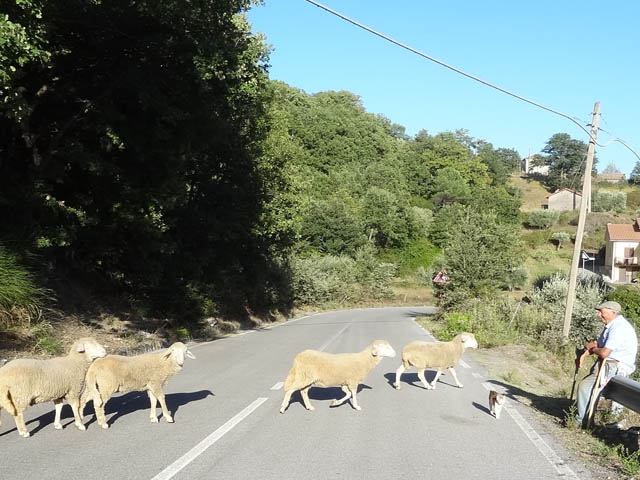

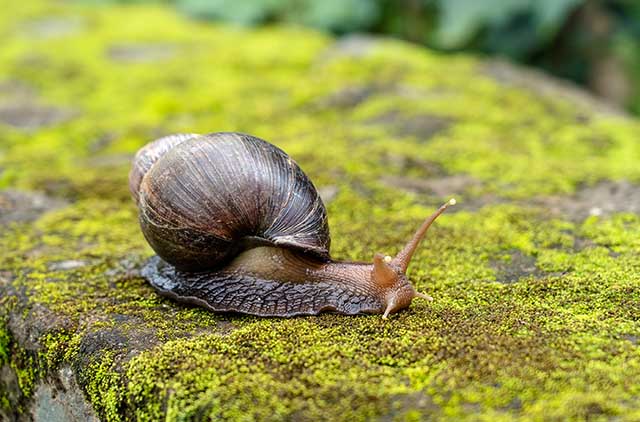
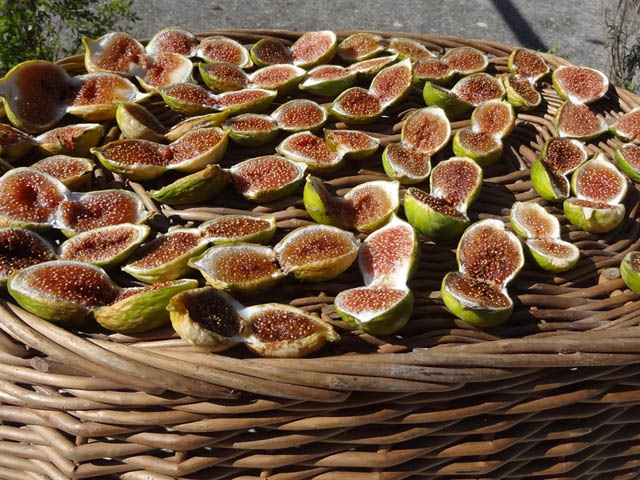
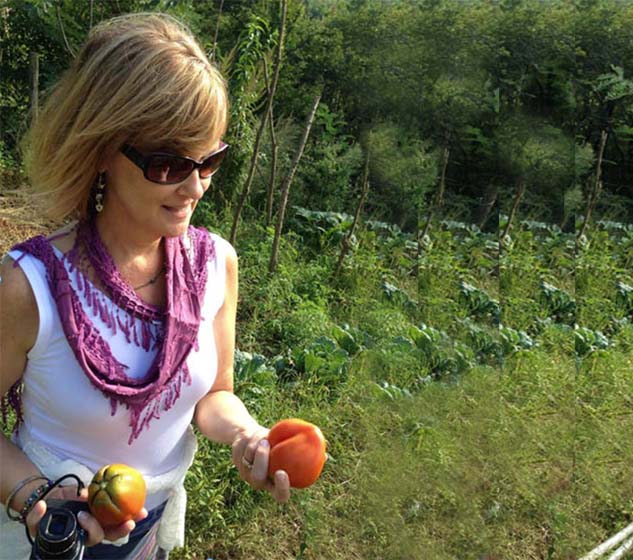
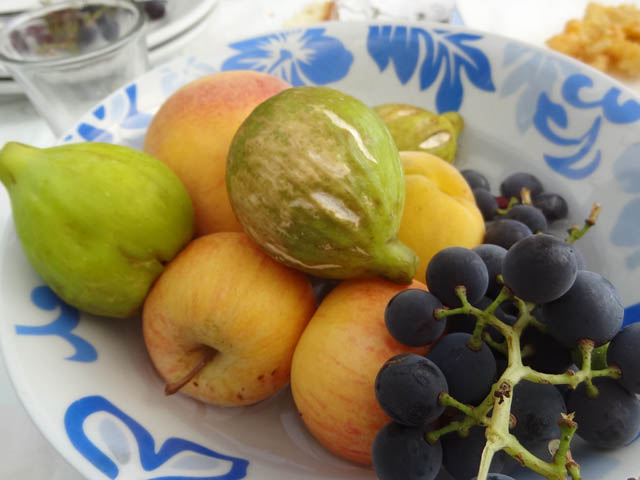
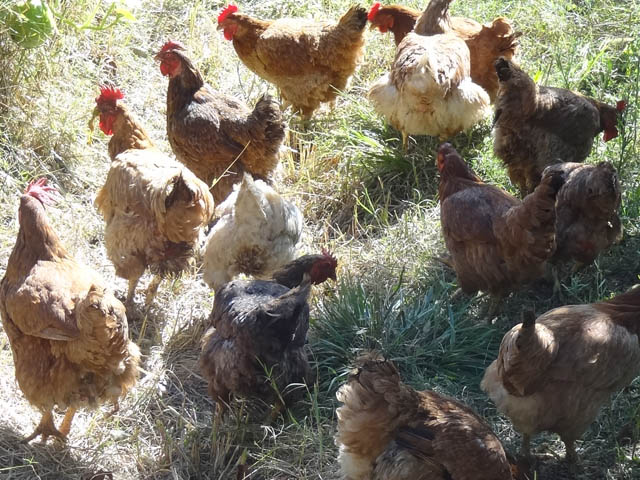
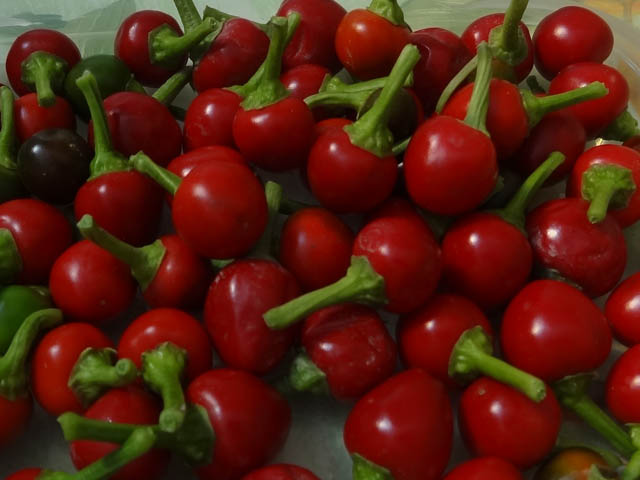
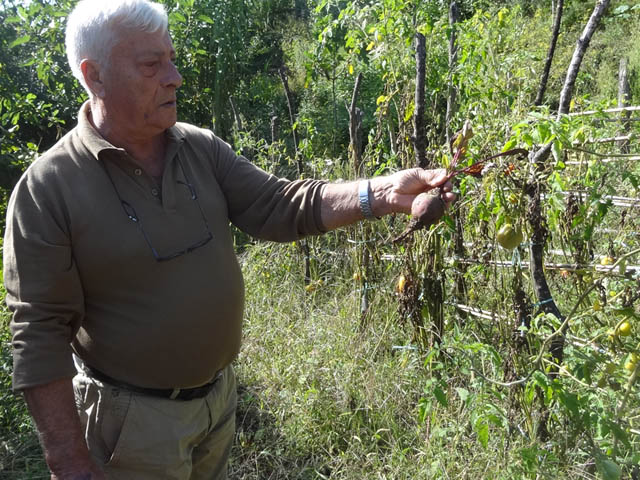



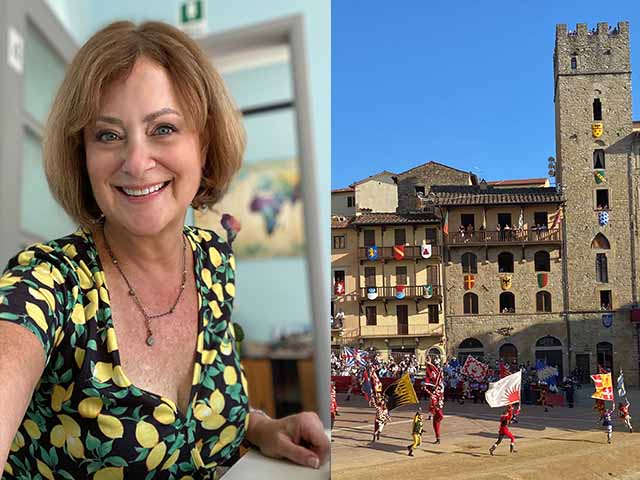

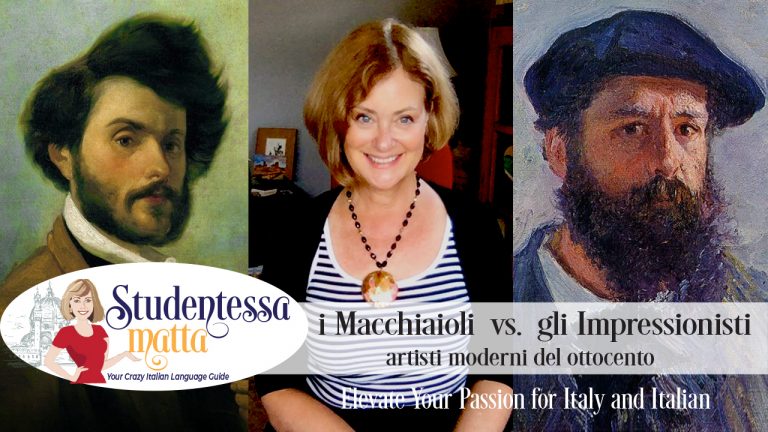





Melissa, As usual, I learn a thing or two from your posts when I take the time to read them. I did not know the Slow Food movement originated in Italy. And, I had not even heard of Slow Travel and Slow Città. It makes perfect sense that the birthplace of these movements would be Italy. Thank you for reminding me to slow down and enjoy “la dolce di far niente”. What a great expression!